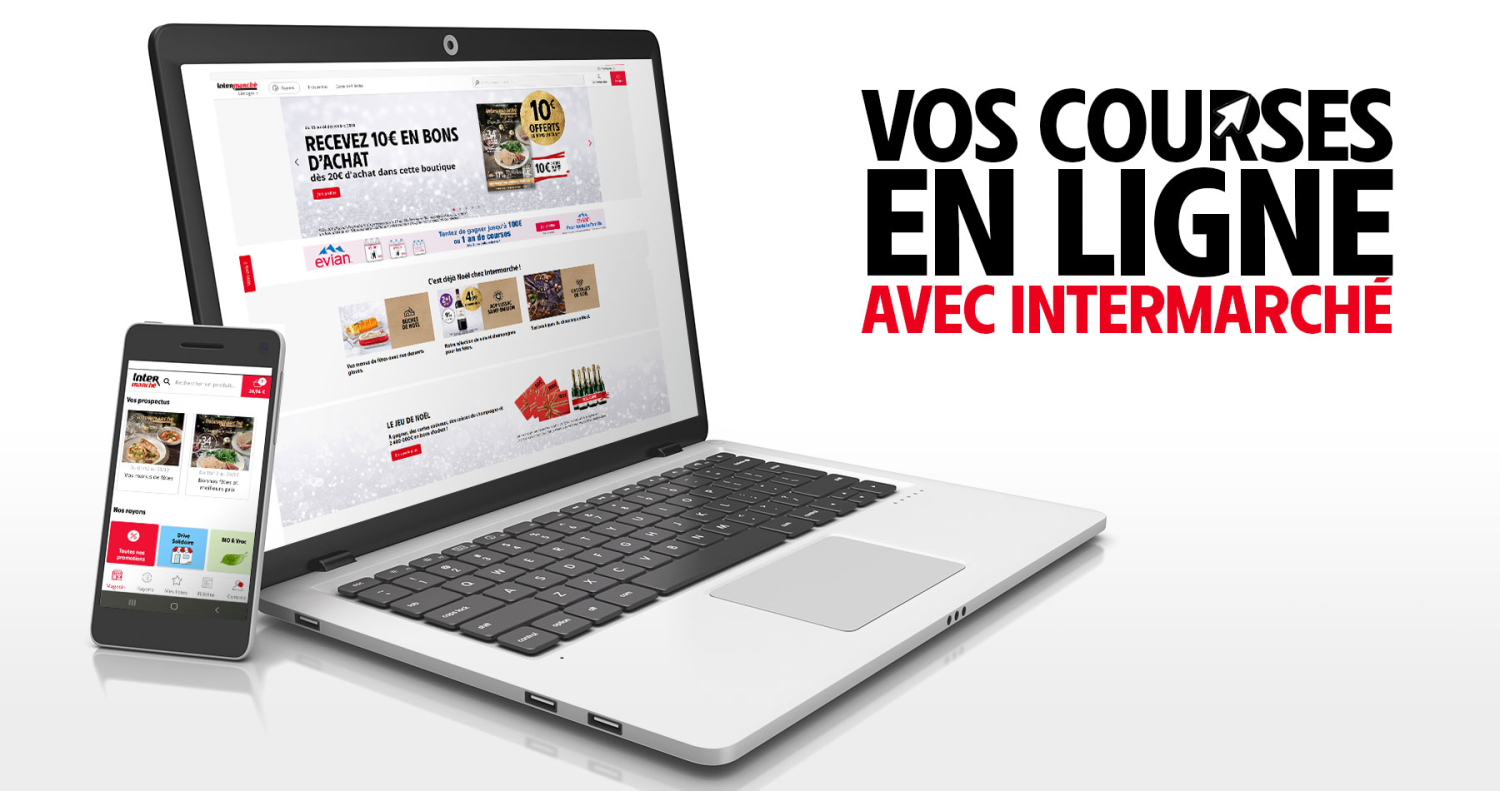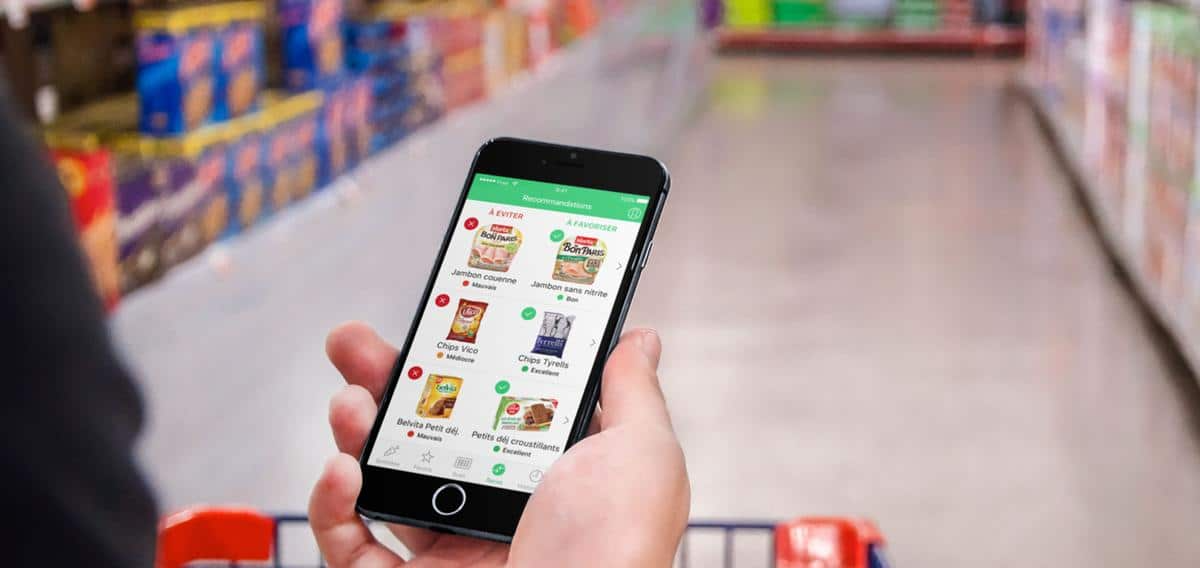How do people prove that?
‘With the same certificate you show for school meals, sport classes, etc. It's very familiar in France.’
How do the A-brands respond to Intermarché pushing its private labels?
‘People will still want Coca-Cola and Nutella so we can't do without them. Our role is to feed our customers and keep them happy and satisfied. They want the big brands but they also want our brands. It's a mix. We have stores that offer other big brands and access to better food for a lesser price without private labels.’
Tell us about the importance of creativity?
‘We won a lot of awards for our advertising. On top of that it's been very effective because we have very emotional ads. We always start with consumer insights. We're not about the big price-down logos. We go into people's lives and we get them involved, make them laugh or cry.’
What role will Meta play in your strategy?
‘Meta gives us the opportunity to rethink the e-commerce experience. You can re-create the store digitally. Normally e-commerce is very flat, very dry, as we say in France. Now you can recreate this virtual experience whereby you’re walking down the supermarket aisle, click on a product and learn about the farmer who made this yogurt or this ham. You'll see how an avocado grew and who took care of it before delivering it into the store.’
What's the secret of marketing success in 2023?
‘Consumer, consumer, consumer. Clients, clients, clients. It's all about being very client-oriented but at the same time being very creative. You need to understand your client insights, and then, based on that, think ahead. It's a mix of understanding your competitors and differentiate yourself, because if you copycat everyone, you're never going to emerge. The key things are client understanding, knowing your competitors and differentiating yourself.’
Can you give us a recent example of how that worked out at Intermarché?
‘In advertising everybody was about price, price, price. Nobody would even see the difference between stores or brands. The minute we started talking about eating better and making better food accessible to everyone, through really emotional ads, all that changed. It was a game-changer.’
Was that a hard sell for you internally, this new way of doing advertising?
‘I came in when it had already started and continued this very beautiful adventure. But to be honest, we are challenged today because people are going back to rationality. And you can't be just rational because if everybody is on the same price level, then what's the big difference? You need to touch people in different ways. We're bombarded with ads and what's going to emerge is what touches you, what makes you laugh or cry. Why? Because emotion is linked directly to memory.’
Does the current crisis we're in, with the supply chain problems, the inflation, and the cost of living, spur creativity? Or does it dull it down to just pricing?
‘Everybody is going to talk about inflation and their prices. So, you're going to have to differentiate your message from your competitors. When everybody is claiming they’re cheaper than others, how can you say that in a different way so that people prefer you? Now, more than ever, you're going to need creativity.’
Is emotion the key differentiator between Intermarché and its competitors?
‘No, the key difference is that we have our own plants. No other retailer has those. Vertically, we control the whole chain. And the other key point is that we obsess about this whole sense-making. It's not just about eating; it's about eating well for a better health. This is our vision for the market and we want to carry it on. We improve our recipes but we also develop apps that help people choose products in their supermarket. We did a Yuka-like app in which you can filter. For instance, you scan for food made in France, or you can say you’re allergic to peanuts and it’s going to red-flag products to warn you.’
Are vegetarian and vegan becoming a thing? France has always been terrible for that.
‘It's growing. Our role is to educate people and help them choose the right food to eat better.’



